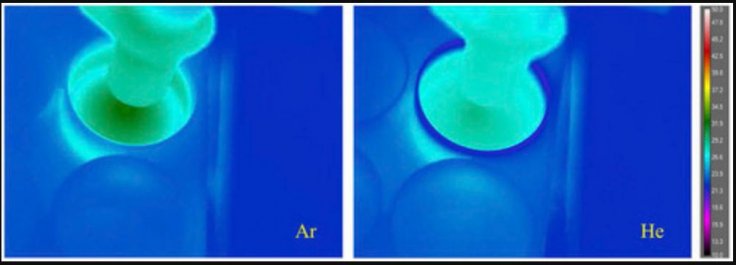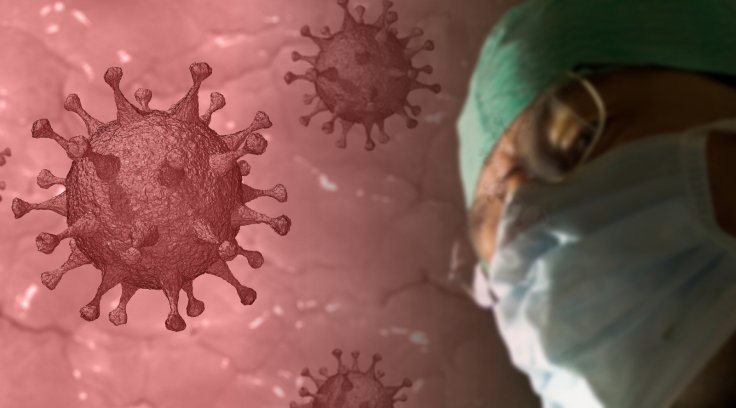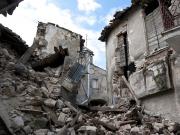Early administration of convalescent plasma does not prevent disease progression in a high-risk group of Covid-19 patients, says a study led by US National Institutes of Health (NIH).
The trial, launched in August 2020, was stopped in February 2021 due to lack of efficacy based on a planned interim analysis. The final study has been published online in The New England Journal of Medicine.
Survivor's Plasma
"We were hoping that the use of Covid-19 convalescent plasma would achieve at least a 10 per cent reduction in disease progression in this group, but instead, the reduction we observed was less than 2 per cent," said Clifton Callaway, principal investigator for the trial.

"That was surprising to us. As physicians, we wanted this to make a big difference in reducing severe illness and it did not," said Callaway, who is also professor of emergency medicine at the University of Pittsburgh in the US.
Covid-19 convalescent plasma, also known as "survivor's plasma", is blood plasma derived from patients who have recovered from Covid-19. Last year, the US Food and Drug Administration (FDA) issued an emergency use authorisation to allow use of convalescent plasma in hospitalised patients with Covid-19.
Controlled Clinical Trial
The randomised, controlled clinical trial involved 500 adult outpatients who presented to 48 emergency departments with mild Covid-19 symptoms during their first week post-infection in the US.
The researchers randomly assigned the participants to receive treatment with either high-titre Covid-19 convalescent plasma (containing anti-Covid-19 antibodies) or placebo (salt solution infused with multivitamins and lacking antibodies).

Of the 511 participants, disease progression occurred in 77 (30 per cent) in the Covid-19 plasma group compared with 81 patients (31.9 per cent) in the placebo group. The plasma intervention did not cause harm, the researchers found.
The reason the intervention did not produce the expected results is unclear, Callaway said. Researchers are continuing to look at possible explanations, including insufficient plasma dose, timing of plasma administration, host-related factors, or other aspects of the host tissue responses to the infection, he added.
Additional studies of Covid-19 convalescent plasma are ongoing or planned in different populations. The results will help get a clearer, more conclusive picture of its value for future treatments of Covid-19, the researchers said.









